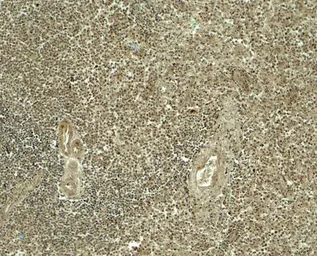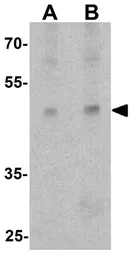ATG4A antibody
Cat. No. GTX31941
Cat. No. GTX31941
-
HostRabbit
-
ClonalityPolyclonal
-
IsotypeIgG
-
ApplicationsWB IHC-P ELISA
-
ReactivityHuman, Mouse, Rat

